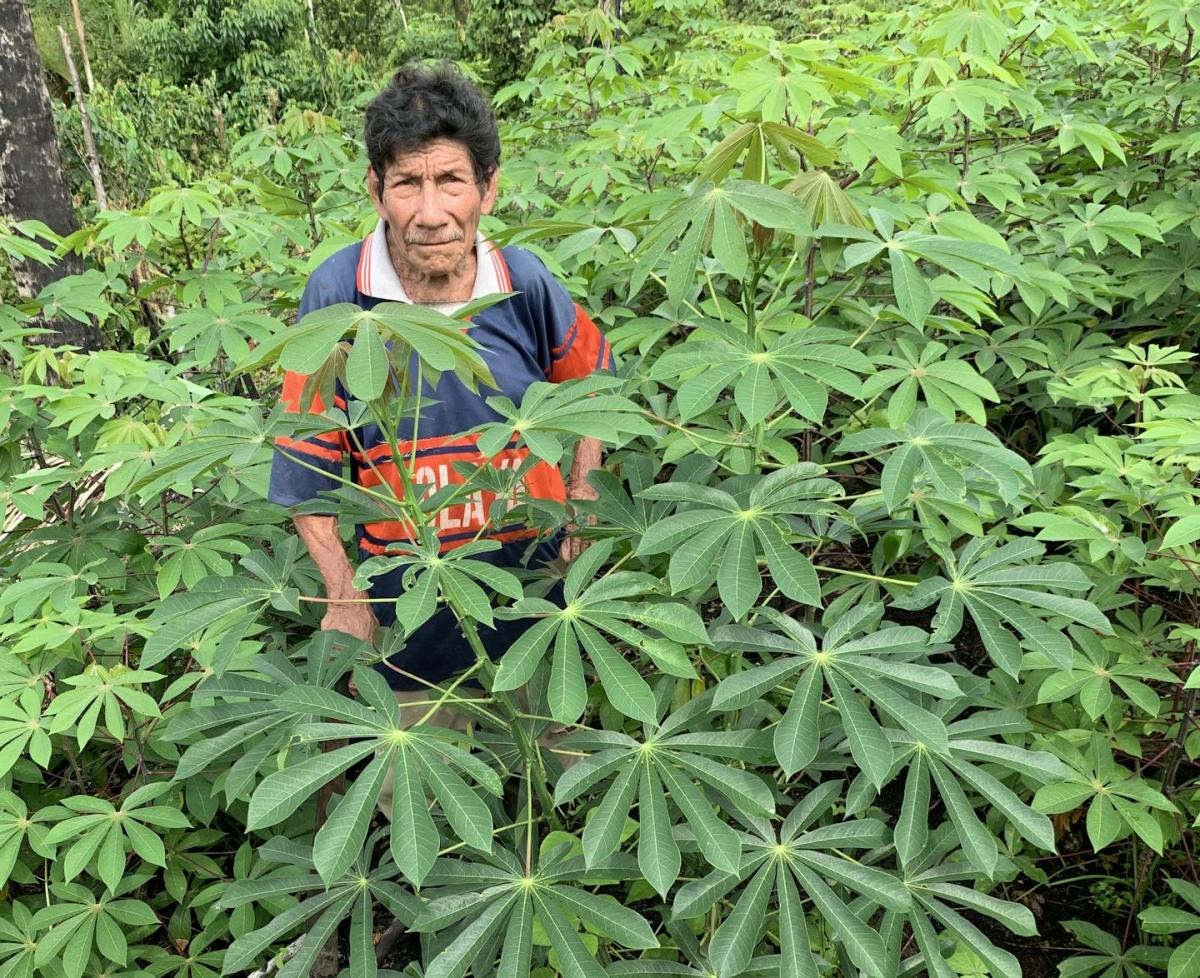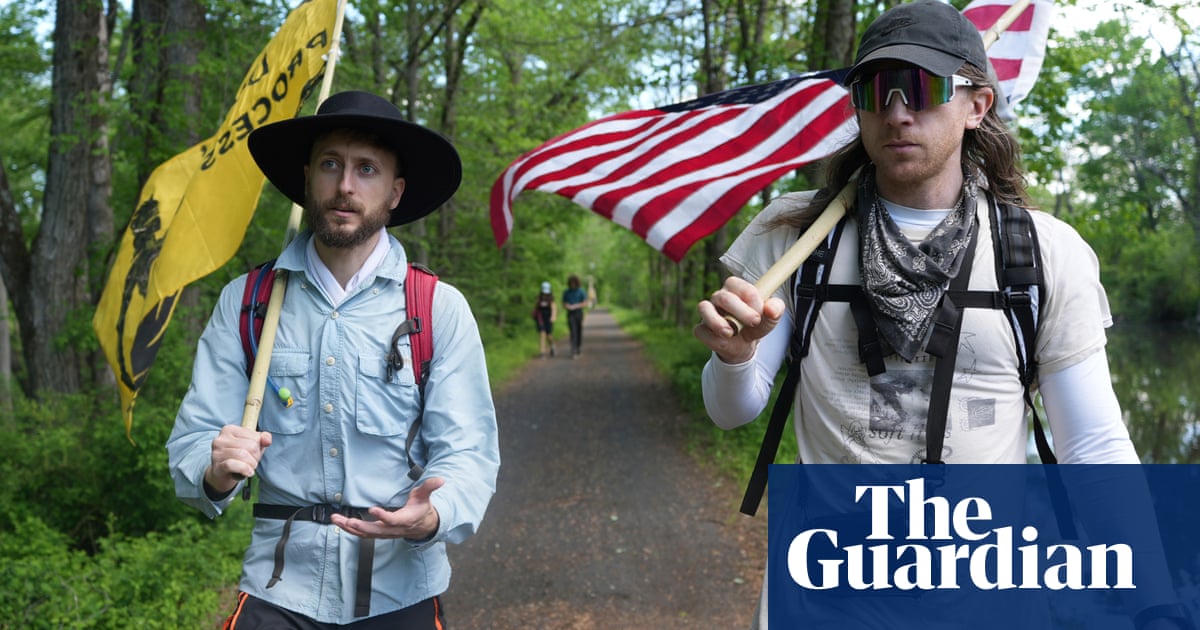Spread out across 200 acres in Northwest Louisiana, Chimp Haven is the world's largest chimpanzee sanctuary. Every detail, from the moat to the meal plan, has been designed to ensure the more than 300 residents here are getting the most out of their retirement years.
"A lot of the chimpanzees that are here, they spent decades in biomedical research before coming to sanctuary, but Chimp Haven provides their happy endings," said Rana Smith, the president and CEO of Chimp Haven.
"Chimpanzees have been used in research for decades," Smith explained. "So, back in the 1950s and 1960s, they were part of the NASA space program, and in the '70s, kind of moved into infectious disease."
Chimpanzees were instrumental in the development of everything from rocket ships to the Hepatitis B vaccine. In the 1980s, they were used in HIV research. But, precisely because of how similar they are to us, attitudes about chimp research began to change — in 2000, Congress passed the CHIMP Act, establishing a sanctuary system to care for retired research chimpanzees.
At the time, lawmakers introduced the Act as a "humane" piece of legislation meant to protect "a group who have no lobby." It required the National Institutes of Health to kick in 75% of the funding for retirees, which isn't peanuts. It costs around $25,000 a year to care for each chimp, with donations supplementing federal funds. The banana budget alone is impressive — they go through 117,000 of them a year.
Colony Director Michelle Reininger, like all staff at Chimp Haven, knows each of the chimps by name. Reininger said, for her, their personalities set these animals apart from any other species.
"I like the sassy ones," she said. "I like the ones who you have to really work hard to get them to respond to you, and to trust you. When you get that trust, there's no feeling like it in the world, to have that bond with an animal."
Days at the sanctuary are full of head scratches and lots of lazing around. The animals also receive regular checkups from veterinarian Raven Jackson.
"Chimpanzee medicine is challenging," Jackson said. "It's like working with a really strong toddler. And so, I always say, each day I start with, 'Am I smarter than a chimp?'"
There are days when Jackson feels outsmarted.
"I work for them and they don't work for me," she laughed.
Since Jackson's patients were retired at different ages, and a few are rescues or former pets, she treats a wide variety of conditions. Some of the chimps are as young as 7, while others are in their mid-60s.
"We see the full gamut," Jackson said. "It keeps things very interesting. And I think it also keeps things interesting for the chimpanzees, because we're able to put them in these very dynamic social groupings where you're going to see various age ranges."
Each of the 30 or so groups has its own characteristics and alpha leader. They don't always get along, but they're quick to make up.
"They always want to reconcile very quickly," said Jackson. "It taught me, hey, it isn't worth holding onto anything. Like, learn from the chimps. Let it go. Reconcile, so that you can continue to move forward as a group."
Moving forward a sanctuary like Chimp Haven may one day be unnecessary. Ten years ago, the NIH announced that it would no longer support any biomedical research on chimpanzees.
While there are still some new arrivals — chimps that labs had initially deemed too challenging to move — eventually there will no longer be chimpanzees "retiring" from careers they never chose.
Asked whether humans owe a debt to the chimpanzees, Smith replied: "Chimpanzees have given so much of their life to science. And we feel like it's our responsibility, and the government's responsibility to care for those chimps for the rest of their life."
Idaho teen with autism dies after controversial police shooting
President Zelenskyy invites President Trump to Ukraine | Sunday on 60 Minutes

 German (DE)
German (DE)  English (US)
English (US)  Spanish (ES)
Spanish (ES)  French (FR)
French (FR)  Hindi (IN)
Hindi (IN)  Italian (IT)
Italian (IT)  Russian (RU)
Russian (RU)  4 weeks ago
4 weeks ago























Comments